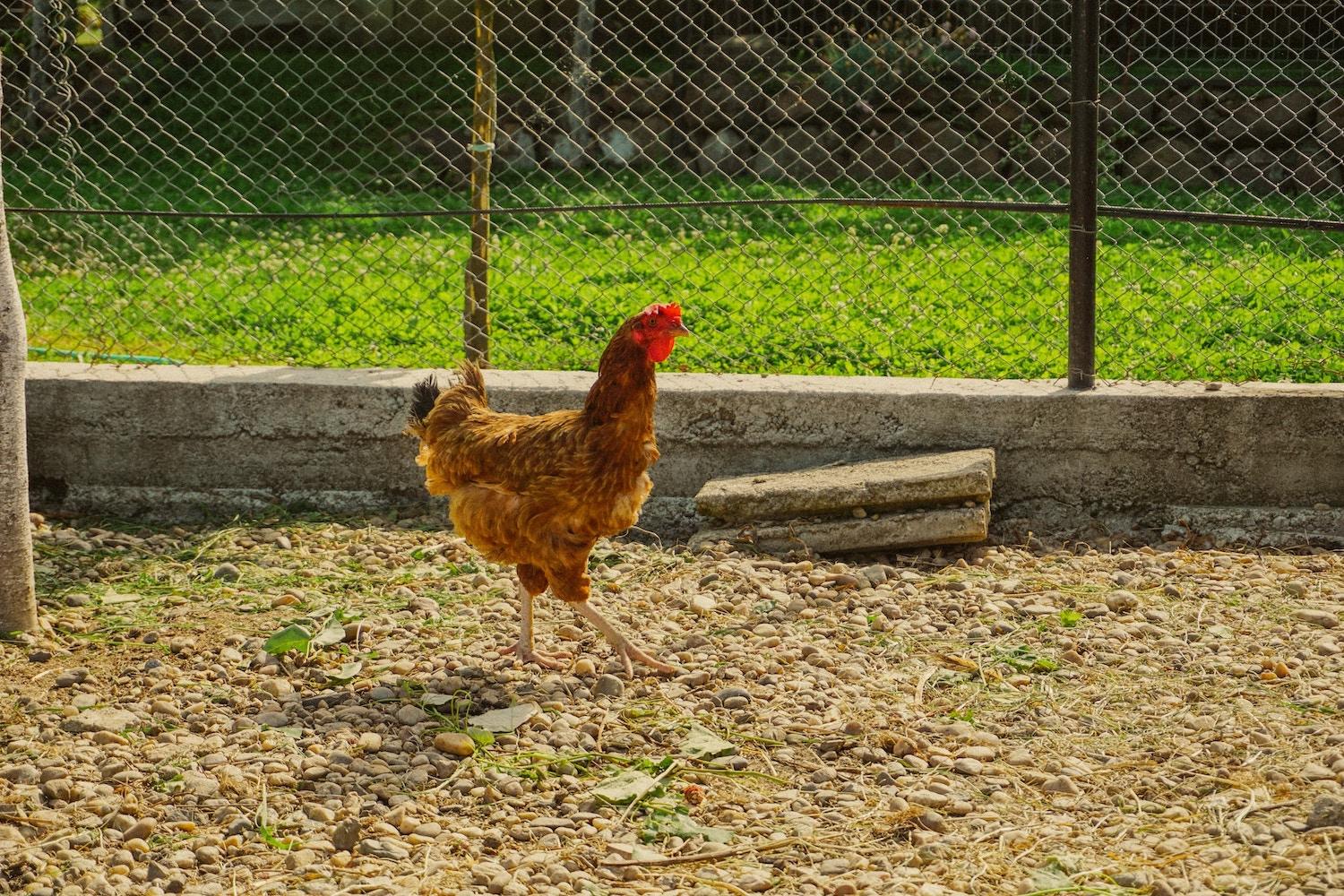
As I pulled into the parking lot of Whole Foods Market in Cupertino, California, aka the cradle of the Silicon Valley -- the windshield in my '85 Suburban cracked, two very poopy chickens in back and enough homemade jam to feed a small country -- I felt not unlike one of the Beverly Hillbillies.
My embarrassment was all in the name of promoting urban sustainability.
I lugged my items over to the table that had been set up with all the others, in celebration of Earth Day. There was a beekeeper, animal wildlife rescue, seed company and a group of dogs ready for adoption. Between the dogs and a great horned owl in striking distance beside us, the hens were understandably a little nervous. We were there to promote The Urban Homesteader, a project that teaches people how to turn their small, urban space into a modern homestead.
As many people milled through the area, what surprised me the most was just how much interest there was in seeing real live chickens. To me, who lives on 1.5 acres in Nevada City, California, they were an everyday occurrence. But to folks living in Cupertino, whose only local apples come on watches, it was such a novelty ... especially the blue-green egg laid by one of our Ameraucana breeds. “Is the egg dyed to look like that?” someone asked.
While more and more folks are becoming genuinely interested in growing food, raising chickens and learning the homestead skills of past generations, they think they need a lot of land and experience to take it on. Not so -- it's possible to do a lot with just a little bit of space, and a little bit of knowledge.
If you live in the Bay Area, there are a lot of organizations that will show you how. Biofuel Oasis will teach you the basics of becoming a beekeeper; the Institute for Urban Homesteading will show you about how to grow an organic garden and keep backyard chickens; you can make cheese at Farmcurious; and food preservation specialist Sean Timberlake will demonstrate how to turn your conventional oven into a smoker .... especially handy for those who live in apartments.
The good news is organizations like these have popped up all over the country, so learning these homestead skills has become more accessible than ever.
And it may become a necessity.
Considering the drought that plaguing California, where 90 percent of at least a dozen crops are grown, learning how to produce some of your own food may become essential. Combined with the fact that the population of urban centers is expanding rapidly, driven in large part by millennials, urban homesteading is poised for growth.
But who has time?
That's the gap The Urban Homesteader seeks to fill. It’s a project that teaches essential homesteading skills in bite-sized, accessible, entertaining chunks of content. Rather than presume people have Pinterest-ready backyards, or any at all, the video series teaches the hosts how to build their own solar panels, catch rain on an apartment building and, yes, raise chickens, among other things. Coupled with downloadable how-to sheets and eventually a skill-sharing platform that connects people to workshops in their area, the potential impact is substantial. Part of Indiegogo’s recent social innovation focus, we are well on our way to reaching our goal.
The Urban Homesteader plans to broaden the impact of grassroots efforts already in place and expand urban sustainability by bringing it to the broader masses. We are out to prove that growing your own food and living a sustainable lifestyle is not just for the modern hipster anymore ... it's for everyone.
At the end of the day I drove off, with a little less jam, a little less self-consciousness, and two traumatized-but-not-so-poopy-anymore chickens. It was gratifying to know that with green eggs and an open mind, we convinced a lot of people that they could become homesteaders in Cupertino, and managed to keep two chickens alive.
Image credit: Lucut Razvan/Unsplash
Jeannine Glista is an independent media producer with a special focus on social innovation projects. She's best known as Co-Creator and Executive Producer of Biz Kid$, a national public TV series that teaches kids about money and business. Jeannine brings over 20 years of production and project management experience in the fields of educational broadcasting, marketing and communications. Her latest project, The Urban Homesteader, aims to expand urban sustainability by teaching people how to turn their small urban space into a modern homestead.
TriplePundit has published articles from over 1000 contributors. If you'd like to be a guest author, please get in touch!














